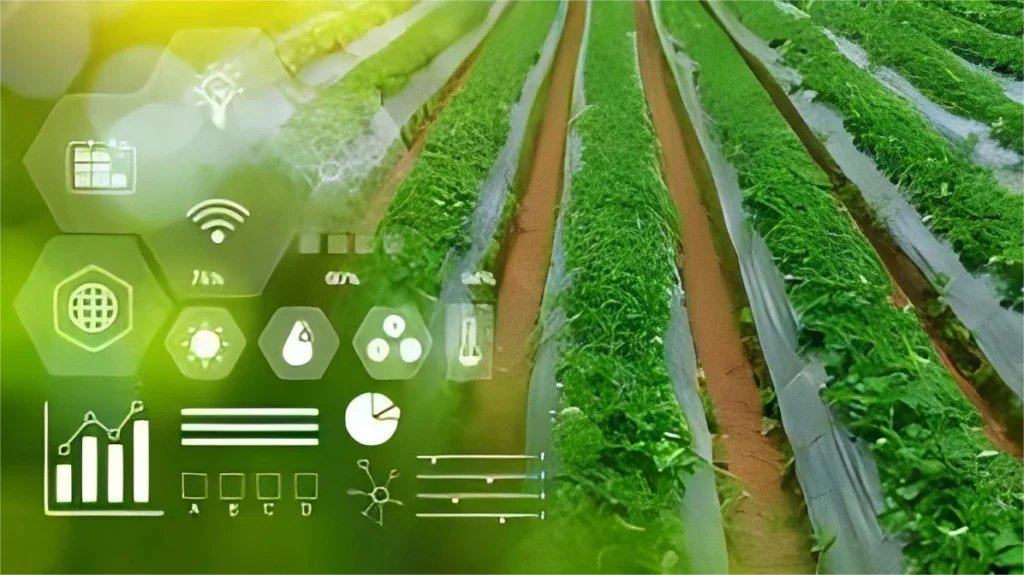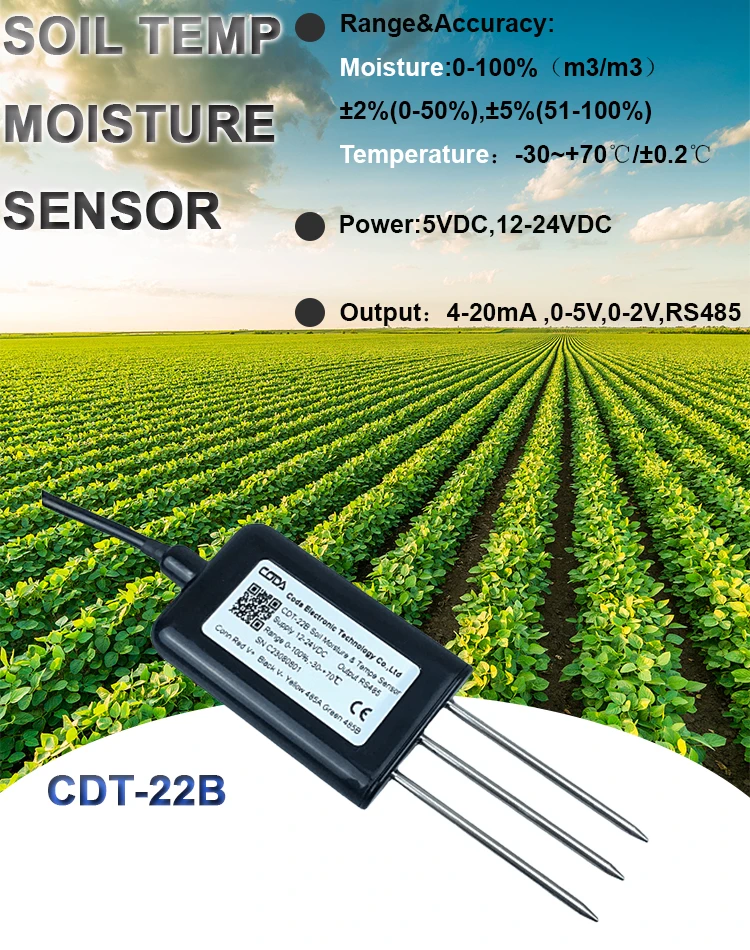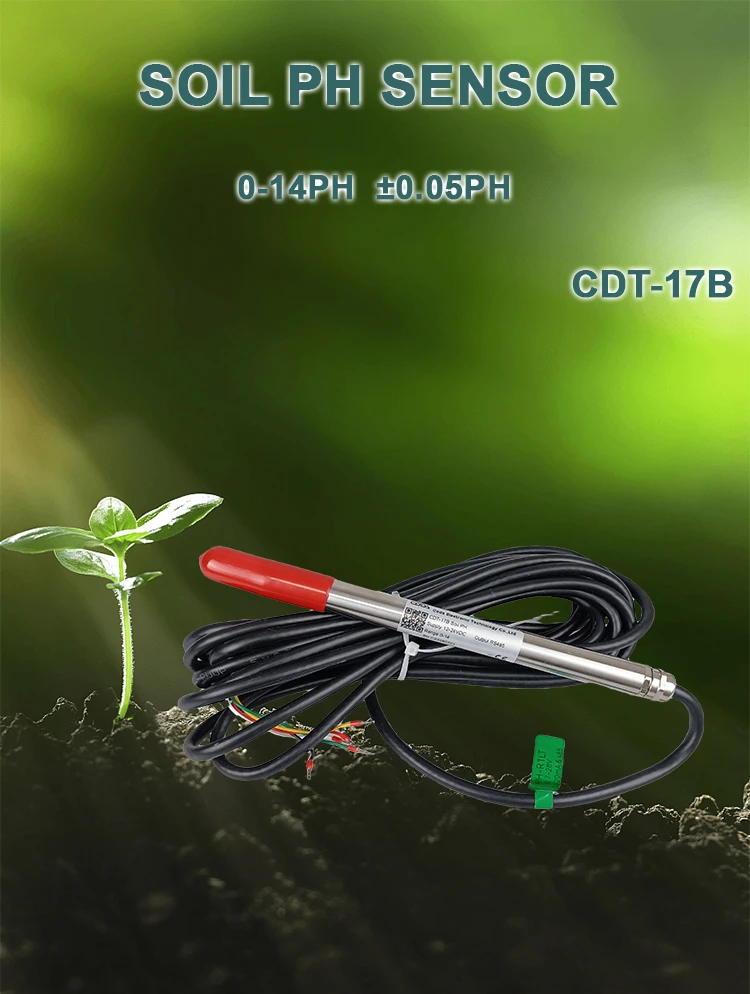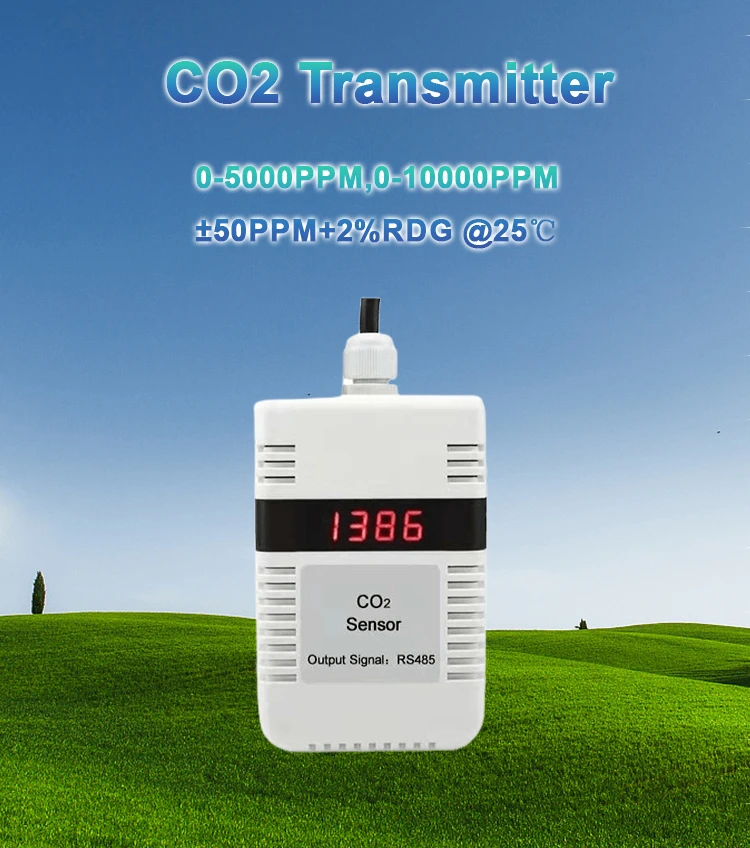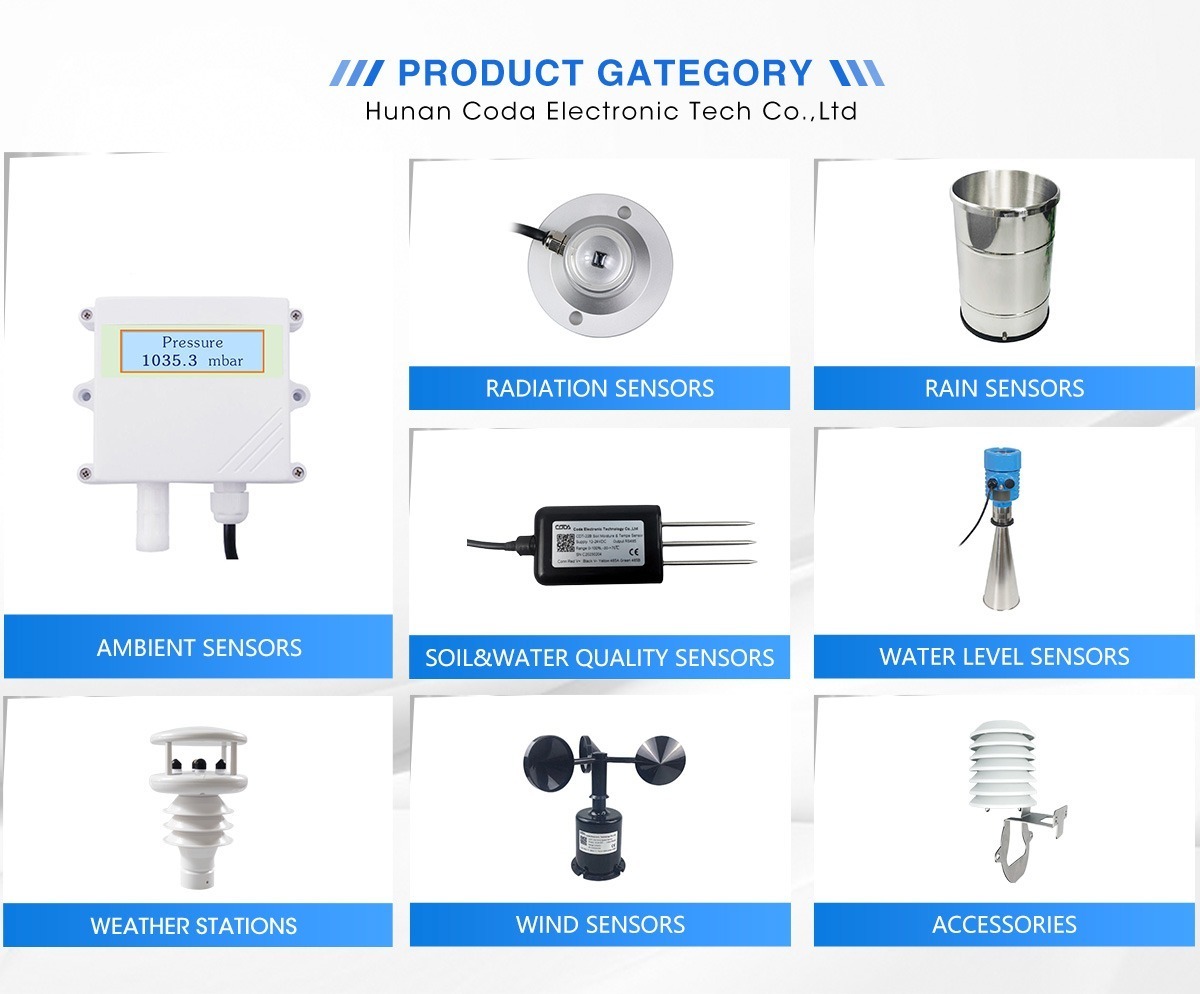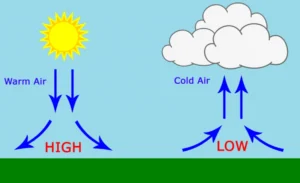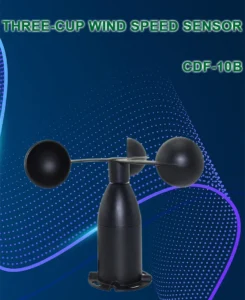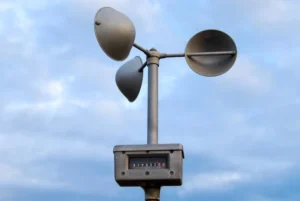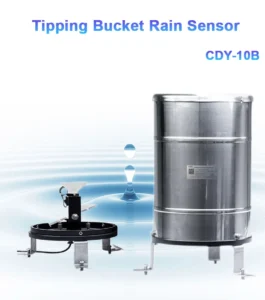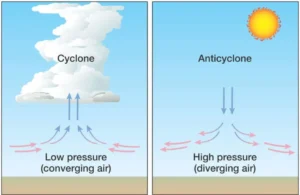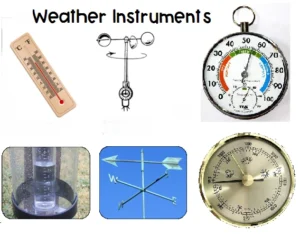best smart sensors for farming
Smart farming, also known as precision agriculture, uses new technologies. These include best smart sensors for farming technology, the Internet of Things (IoT), big data, and artificial intelligence. It mixes these tools with traditional farming methods.
The main goals are to boost productivity, cut costs, ensure food safety and quality, and support sustainable farming. Next, we will introduce the best sensors for monitoring greenhouses.
Smart farming uses smart systems to monitor and manage environmental conditions in real time. These conditions include greenhouse temperature, soil moisture levels, CO2 levels, humidity, light intensity, leaf surface humidity, and dew point. Automated systems can respond to these conditions by turning equipment on or off as needed. This helps with ecological monitoring, environmental control, and effective farm management.
Commonly Used Sensors in Smart Farming
A range of IoT sensors is important for monitoring and improving farming. Here are the top 10 types of sensors used in smart farming:
1. **Soil Moisture Sensors**
These sensors check the amount of water in the soil. They enable farmers know when to water their crops. By using the right amount of water, they save water and help crops grow better.
2. **Weather Sensors**
Weather wireless sensors collect data on temperature, humidity, wind speed, wind direction, rainfall, and solar radiation. This information helps predict the weather. It also helps farmers change their practices based on the weather.
3. **Crop Health Sensors**
These IoT sensors check things like chlorophyll content, leaf temperature, and plant stress. They can find early signs of diseases, nutrient shortages, or pest problems. Quick actions based on this data can help protect crop health.
4. **pH Sensors**
Keeping the right pH in soil is important for plants. It helps them absorb nutrients. pH sensors check how acidic or alkaline the soil is. This helps farmers make changes to improve their crops.
5. **Light Sensors**
Light sensors measure how much light plants get and its quality. This helps manage artificial lighting in controlled spaces. It also ensures plants get the best natural sunlight.
6. **Crop Yield Sensors**
These IoT sensors estimate yield by checking factors like plant height, canopy density, and fruit or vegetable size. This data helps plan harvest times and predict market supply levels.
7. **Wind Speed Sensors**
Wind sensors measure how strong the wind is and which way it blows. This information is important for running sprinkler systems. It helps prevent wind damage to crops and improves ventilation in greenhouses.
8. **Water Quality Sensors**
Water quality sensors check pH, conductivity, and dissolved oxygen in irrigation schedules water. They help reduce soil salinity and chemical buildup. This keeps the water quality high for plant health.
9. **CO2 Sensors**
These sensors check CO2 levels in greenhouses or indoor farms. They help control ventilation systems and improve CO2 use. This boosts photosynthesis and helps plants grow better.
10. **Level Sensors**
Level sensors check water levels in tanks, reservoirs, or irrigation systems. They collect data driven on water availability and help prevent waste. This leads to better watering practices, which are important for optimal crop health.
Smart modern agriculture gains from the detailed information these sensors give. Using them helps automate tasks and make better choices. This leads to more efficient and sustainable farming worldwide.
Smart precise farming uses maintaining optimal sensors to gather real-time data on the environment and crop growth health. This helps farmers make better decisions. They can improve productivity and reduce risks. The sensors keep track of farm operations conditions all the time.
This helps farmers take care of their crops. As a result, they get more produce and better quality. It also lowers production costs and supports sustainable farming.
Advantages of smart agriculture sensors
The use of smart agriculture sensors offers many benefits for modern farming. First, these sensors help farmers check important things. They can monitor soil moisture, temperature, pH levels, and nutrients.
This all happens in real time. It helps farmers understand crop conditions without checking manually.
This precision helps use resources better. For example, it provides water and fertilizers when and where they are needed. This greatly cuts waste and lowers costs.
Secondly, the data collected from these sensors helps with decision-making. Farmers can see early signs of plant stress, pests, or disease. This lets them act quickly, which reduces crop loss and increases overall yield.
Combining sensor data with farming management systems helps with planning. This lets farmers adjust planting schedules, irrigation plans, and harvest times. They can match these changes to the best growing conditions.
Smart agriculture sensors support sustainable farming. They help use resources efficiently and lower the impact of chemicals on the environment. They also save water. All these factors are key for long-term farming success and ecological balance.
These tools help farmers increase productivity, profit, and sustainability in a challenging agricultural world.
Development of smart agriculture
Smart agriculture sensors have improved a lot. These advancements come from using IoT technology, material science, and data analysis.
Early versions mainly focused on basic environmental monitoring. They measured things like soil moisture and air temperature. Now, modern sensors can do much more.
They can track many factors. This includes crop health indicators like chlorophyll levels and changes in microclimates. They can also monitor pest movement patterns.
Miniaturization and low-power design are important breakthroughs. They allow devices to run longer in remote areas without needing battery changes. Improved durability helps them resist harsh weather and chemicals.
The use of AI and machine learning in sensor systems has made them better. Today’s sensors collect data and process it right away. They can give helpful insights, like predicting when to water plants or finding disease risks before symptoms appear.
Connectivity has changed a lot. Sensors now use low-bandwidth, long-range technologies like LoRaWAN and NB-IoT. These technologies send data efficiently over large farming areas. They work well even where infrastructure is limited.
